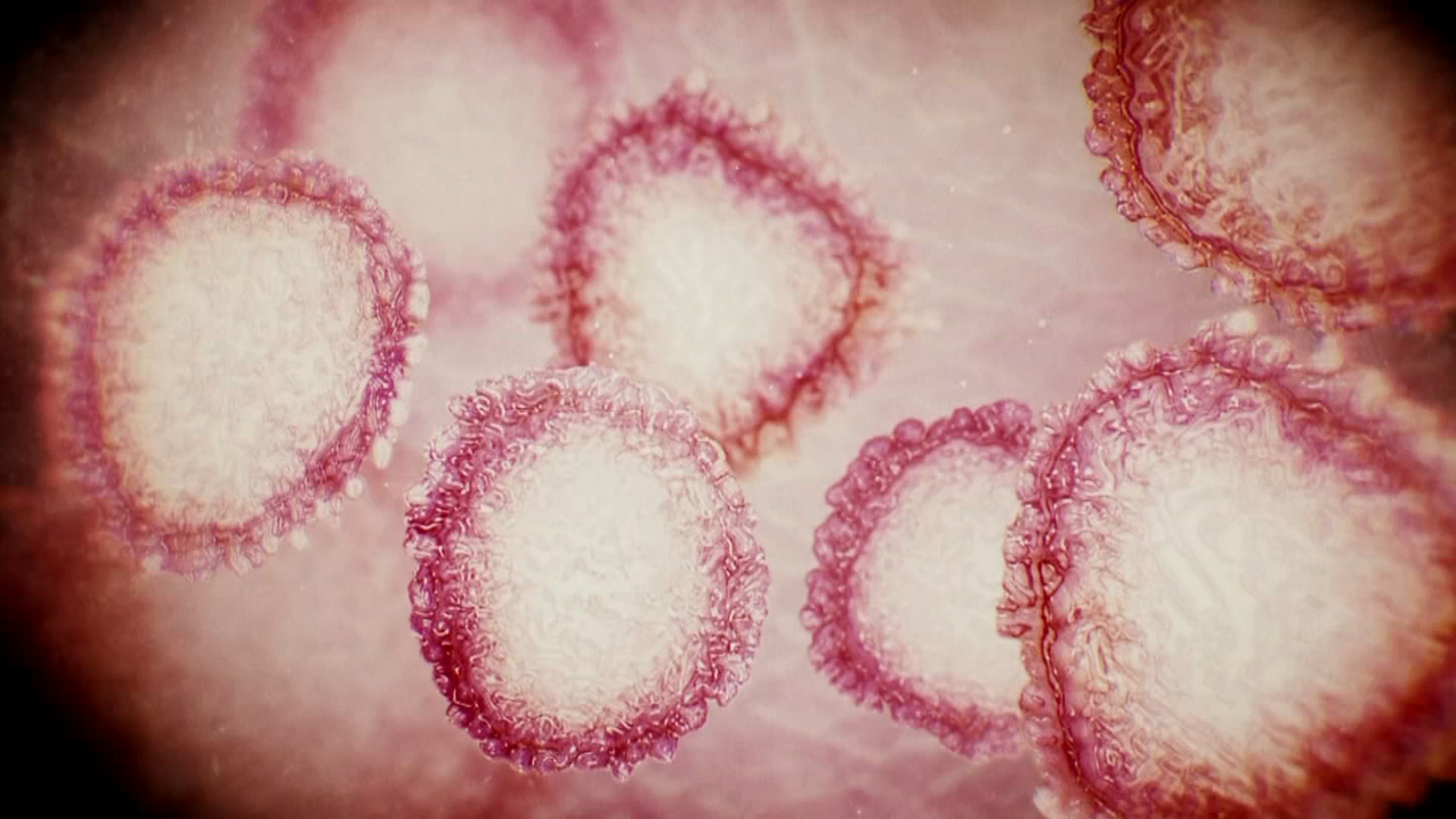Philadelphia officials are assuring residents that they are prepared for possible cases of the new coronavirus cropping up in the city, following Friday's revelation that two cases have been confirmed in Pennsylvania.
“The current situation is that there are no identified cases of coronavirus, COVID-19, in Philadelphia. However, it is our expectation that we will likely have cases at some point,” city Health Commissioner Dr. Thomas Farley said.
Earlier Friday, Pennsylvania Gov. Tom Wolf announced that testing had confirmed two cases of the virus in Delaware and Wayne counties.
Philadelphia Mayor Jim Kenney said that despite Wolf's announcement, officials "believe the risk to Philadelphians is low."
Farley, however, said officials are expecting cases to eventually also pop up in the city, but added that they are confident they will be able to contain the spread and prevent widespread social disruption.
The containment plan involves rapidly identifying and quarantining infected people and those they come in close contact with for 14 days, as recommended by the Centers for Disease Control and Prevention, Farley said.
“This is a time when many people are worried about this. It’s a difficult period and there may be difficult times ahead, but we have responded to many other public health challenges and ultimately succeeded over them. We are doing everything we can. We have good science behind our response now and I’m confident that we will overcome this challenge as well,” he said.
Farley emphasized that the situation is fluid and that the response might subsequently change as a result. If need be, the city may limit public gatherings to ensure fewer people are in close contact with one another, he said.
Philadelphia Office of Emergency Management Deputy Director Derek Ziegler said his office is leading the response to the virus making sure the city’s continuity of operations plans are up to date in the event some of the workforce is out due to illness.
If needed, he said, the OEM is prepared to open the city’s emergency response center, which would bring together city and outside partners to ensure a “coordinate response effort.”
SEPTA Assistant General Manager James Fox assured passengers they can continue to use public transit.
“SEPTA’s open for business. It is safe to continue to take our service and we will continue to run our regular service as we see how this thing evolves,” Fox said. However, he did leave open the possibility of reduced or even cancelled service if the situation changes.
Fox also said SEPTA has increased daily cleaning, especially in “high-touch” surfaces.
Meanwhile, Philadelphia International Airport CEO Chellie Cameron said the airport has a communicable disease response plan and has also increased cleaning in areas commonly touched by people.
The new strain of coronavirus originated in Wuhan, China and spread outwardly. Globally, more than 101,000 people had been infected, according to a Johns Hopkins University dashboard of cases, which aggregates various public health sources. In the United States, 240 confirmed cases have been reported, with 14 deaths.
Those with the highest risk of contracting the disease are older people with underlying chronic medical conditions like heart, lung or kidney disease, according to the CDC.
Symptoms of the coronavirus include fever, cough, muscle pain or fatigue and shortness of breath, according to the CDC. The virus has an incubation period – the time between exposure and the first appearance of symptoms – of about five days.
COVID-19 is spread mainly from person-to-person when droplets from an infected person who coughs or sneezes land on someone else’s nose or mouth or enter their lungs, according to the CDC. It can also be spread when someone touches their own mouth, nose and possibly eyes after coming into contact with a surface that has the virus on it.
To prevent the spread of the virus, the CDC recommends frequently washing hands with soap and water for at least 20 seconds – or using an alcohol-based hand sanitizer with at least 60% alcohol – wiping down dirty surfaces and using the inside of the elbow to cover a cough or sneeze.
On Friday, President Donald Trump signed an $8.3 billion measure to help tackle the outbreak of the coronavirus in the U.S. after the legislation passed overwhelmingly in both the House and the Senate. The measure will release funds to federal health agencies.



